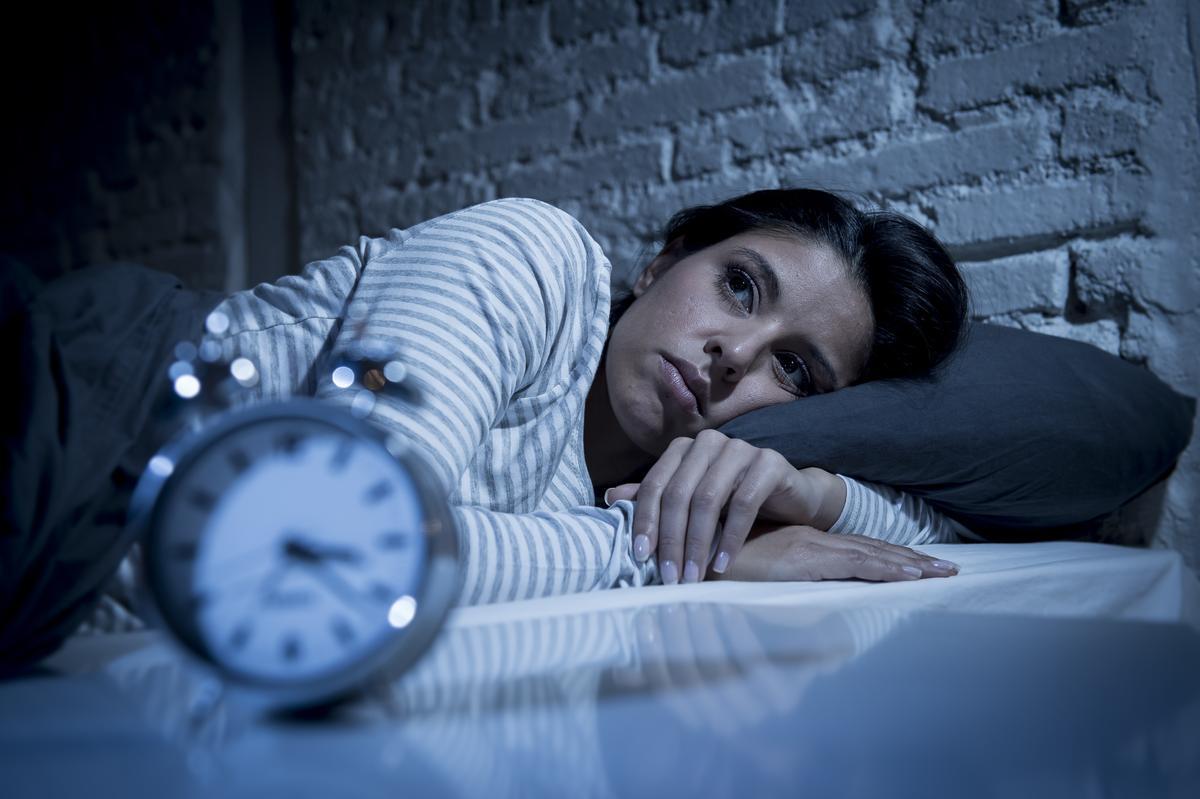Insomnia: Health Effects, Factors, and Diagnosis
One common sleep issue that makes it difficult to get asleep, stay asleep, or receive restful sleep is insomnia Your physical and emotional well-being may suffer significantly as a result. In this comprehensive article, we discuss the potential causes of insomnia, its implications on health, and how to identify this sleep problem.
Understanding Insomnia:
There is more to insomnia than a couple of restless nights. It is a chronic illness that can severely impair a person's quality of life. There are primarily two types of insomnia:
Acute insomnia: Short-term life changes or work-related stress are two common causes of acute sleeplessness. It normally goes away on its own and can persist anywhere from a few days to a few weeks.
Chronic insomnia: When insomnia persists for three months or more, at least three nights a week, it's called chronic insomnia. Numerous physical disorders, lifestyle choices, and psychological issues may contribute to it.

Health Effects of Insomnia:
Sleeplessness has more effects than just not getting enough sleep. Sleep problems that don't go away can cause problems with your physical, mental, and social health:
Daytime Fatigue: People who don't get enough sleep often feel tired during the day, which makes it hard to think, make decisions, and be productive overall.
Mental health problems: Mood problems such as depression and anxiety are often associated with insomnia. Loss of sleep can exacerbate these issues or possibly bring them on.
Memory loss and trouble focusing: Sleep is important for consolidating memories and thinking well. Sleeplessness can make it hard to focus, remember things, and learn new things.
Weaker Immune System: Not getting enough sleep on a regular basis can make it harder for the immune system to work well, making you more likely to get sick.
Cardiovascular problems: People with insomnia are more likely to have high blood pressure, heart disease, or a stroke because their sleep habits are messed up and they have more stress hormones in their bodies.
Problems with Metabolism: Your hormones may become unbalanced if you don't get enough sleep. This can cause you to gain weight and mess up your metabolism, which raises your risk of obesity and diabetes.
Factors Contributing to Insomnia:
To understand the many different causes of sleeplessness, you have to be aware of the following:
Stress and Anxiety: Worries and fears about life events that don't go away can keep the mind busy and make it hard to relax enough to sleep.
Poor Sleep Hygiene: Unhealthy sleep habits, such as not going to bed at the same time every night, spending too much time in front of a screen before bed, or eating a lot of caffeine or a big meal right before bed, can mess up the sleep-wake cycle.
Medical Problems: Chronic pain, breathing problems (like sleep apnea), stomach problems, and nerve problems can all make it hard to sleep.
Medications: Some medicines, like those for high blood pressure, asthma, and sadness, can have side effects that keep you from sleeping.
Lifestyle Factors: Sleeplessness can be caused by things like not getting enough exercise, drinking too much booze, and smoking.
Shift Work and Jet Lag: Unusual work hours and quick changes in time zones can mess up the body's normal circadian rhythm, which can make you feel like you can't sleep.
Diagnosis of Insomnia:
For sleeplessness to be treated well, a correct diagnosis is essential. A doctor or nurse, usually a sleep expert, will do a full evaluation:
Medical History: The doctor or nurse will ask about how you sleep, how long you have had trouble sleeping, and if you have any underlying medical conditions or take any medicines.
Sleep log: Keeping a sleep log for a few weeks can help you see how you sleep and figure out what might be causing problems.
Physical check: A physical check may be done to find any underlying health problems that could be causing insomnia.
Sleep Study (Polysomnography): In some cases, you may be told to get a sleep study so that your brain activity, heart rate, breathing, and other bodily functions can be watched while you sleep.
How to treat and take care of:
The best way to deal with insomnia depends on how bad it is and what's causing it:
Cognitive-Behavioral Therapy for Insomnia (CBT-I): This kind of therapy helps people figure out and change negative thought processes and behaviors that make it hard to sleep.
Sleep hygiene education: Teaching people about good sleep habits and how to make changes in their lives can greatly improve the quality of their sleep.
Medication: In some cases, sleep aids may be given for a short time, but they are usually only used as a last option because they can have side effects and make people dependent.
Taking Care of Underlying Problems: Sleep problems can often be fixed by treating the underlying physical or mental problems that cause them.
Relaxation techniques: Activities like meditation, deep breathing, and gradual muscle relaxation can help calm the mind and help you sleep better.
Conclusion
Millions of people around the world have insomnia, which is a common and serious sleep condition. The long-term effects of recurrent sleep problems on health show how important it is to find the problem early and treat it well. By figuring out what's going on, getting help from a professional, and starting to sleep better, people can regain control of their sleep patterns and improve their general health. If you or someone you know has trouble sleeping, talking to a doctor or a sleep expert is an important step toward getting relief and getting a good night's sleep.
